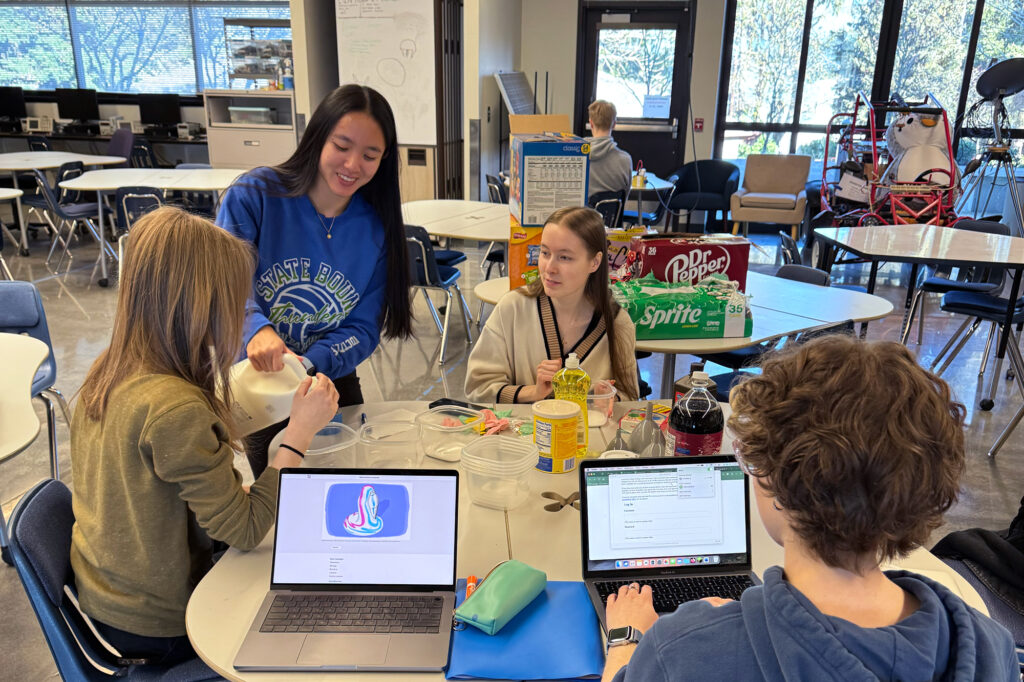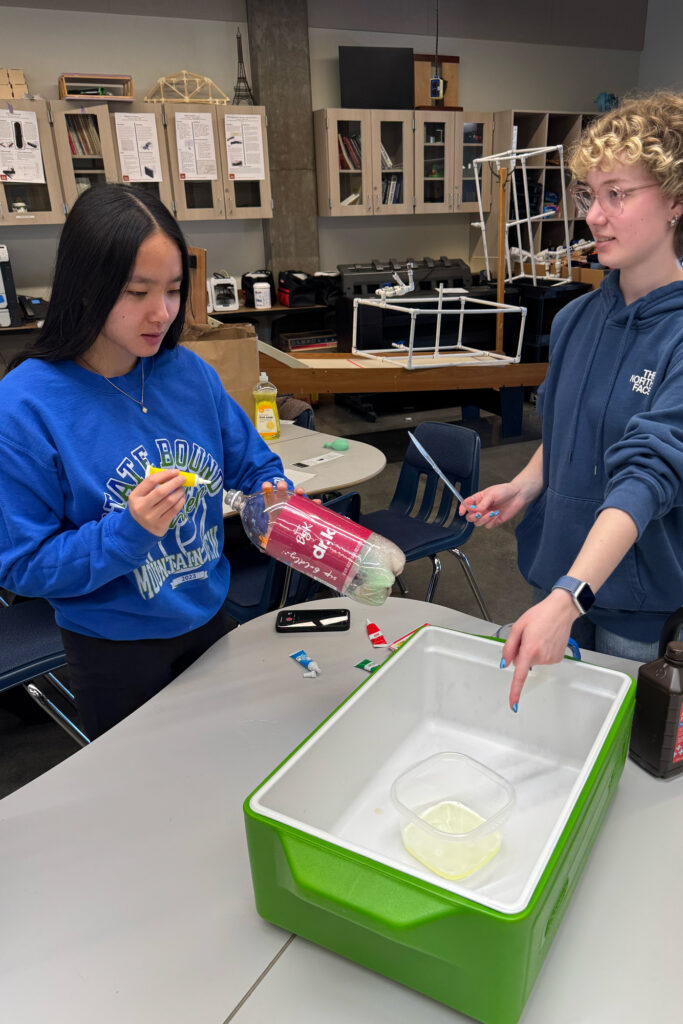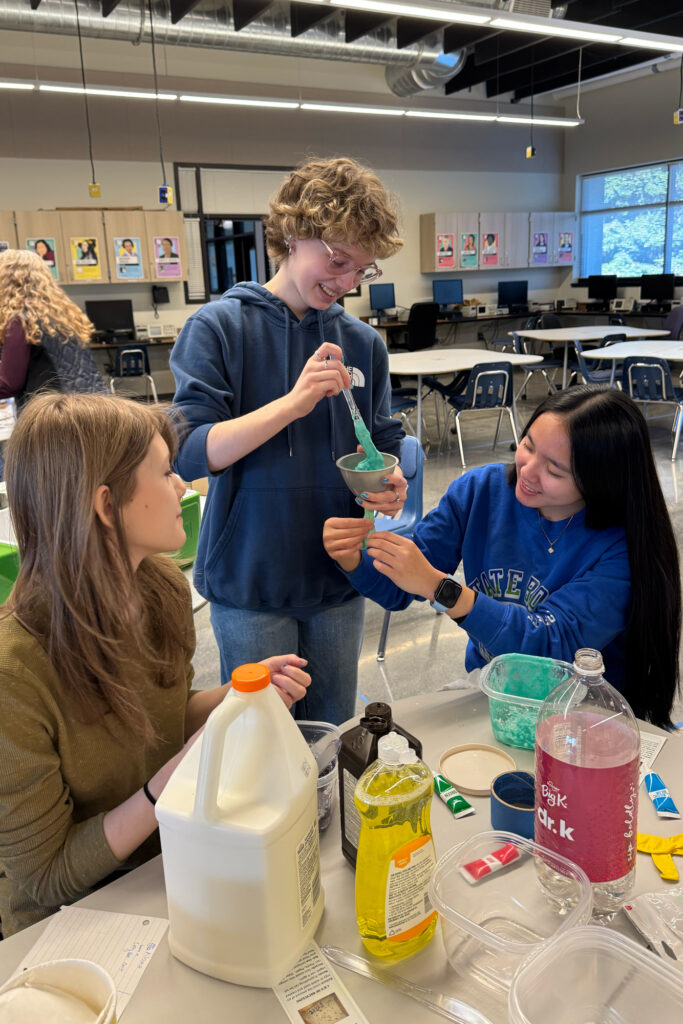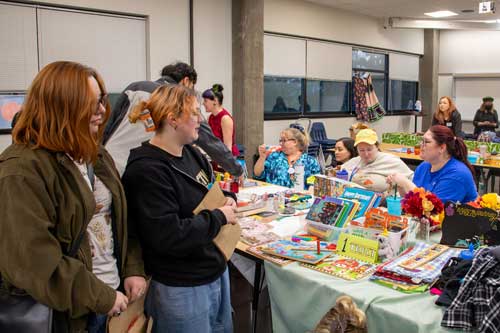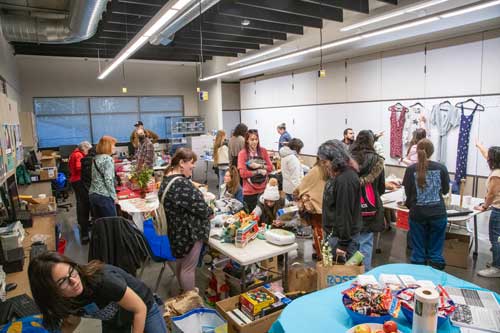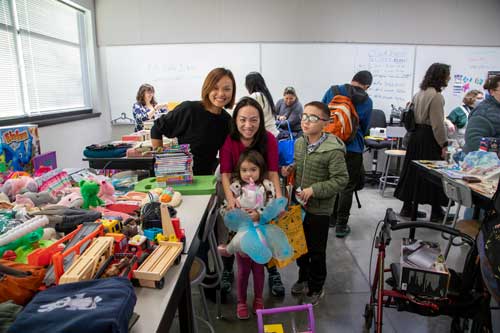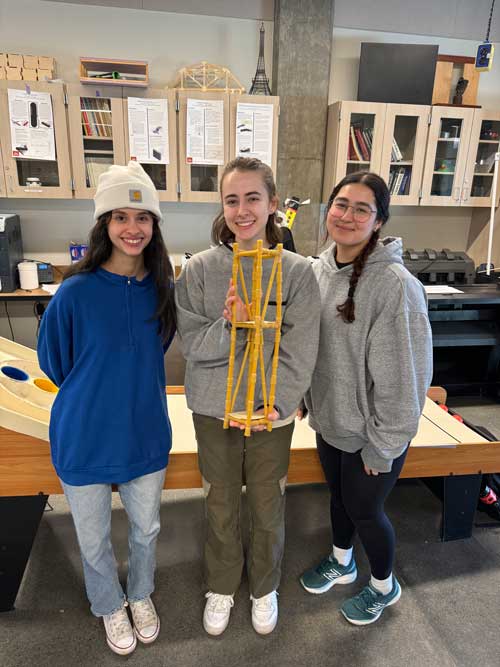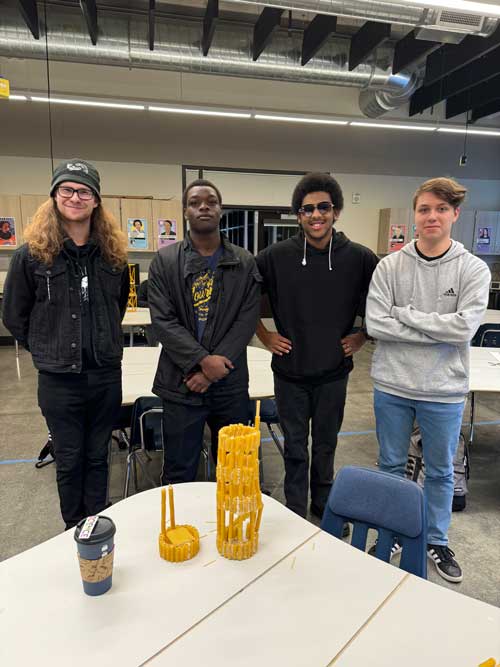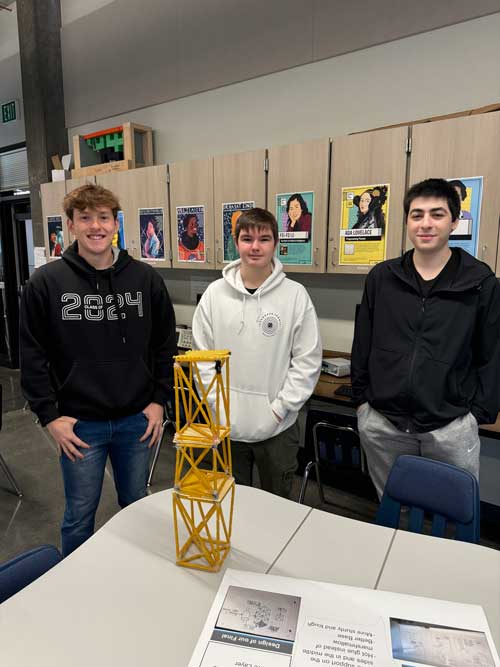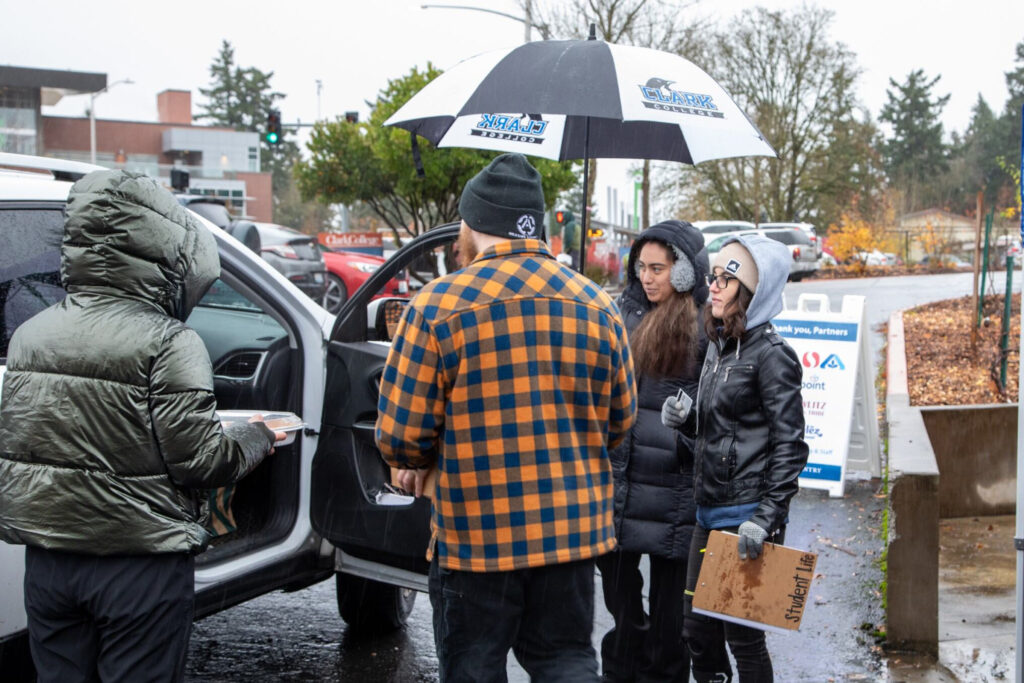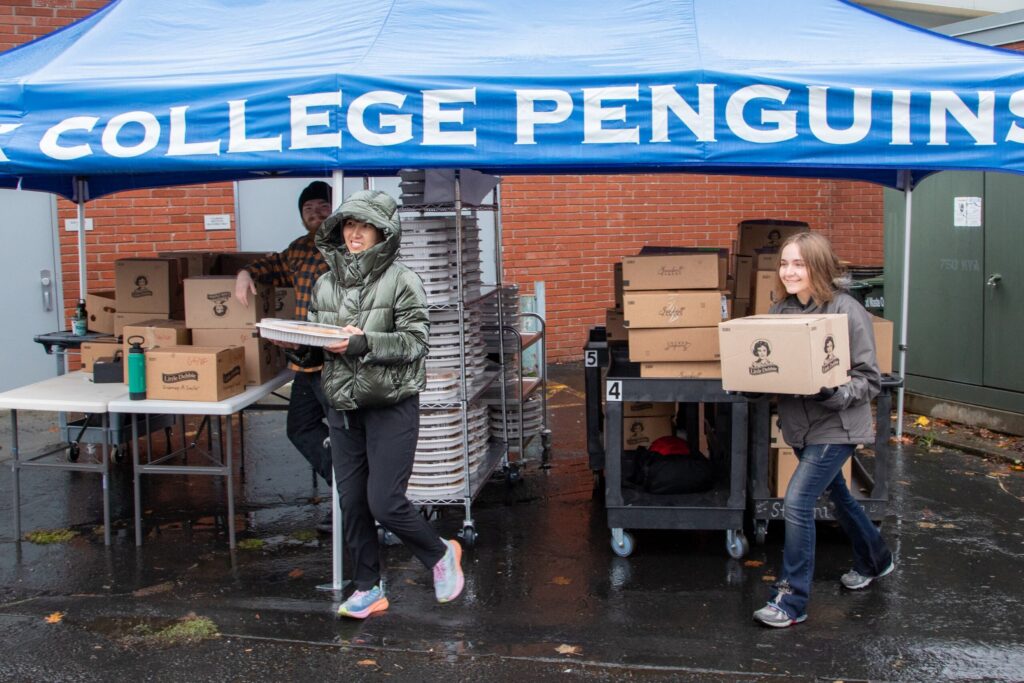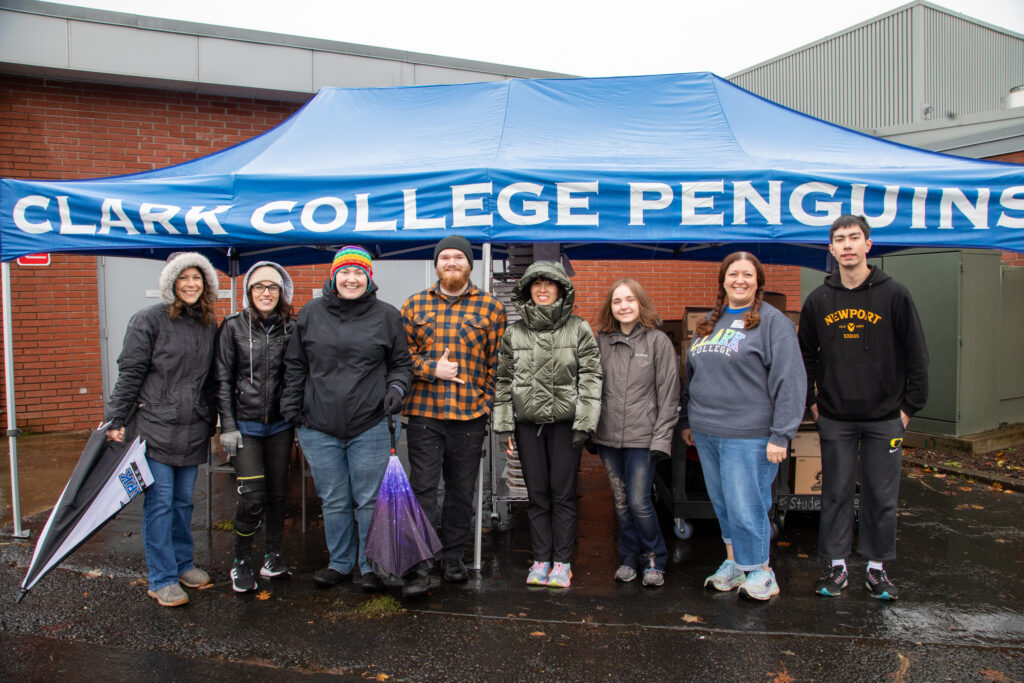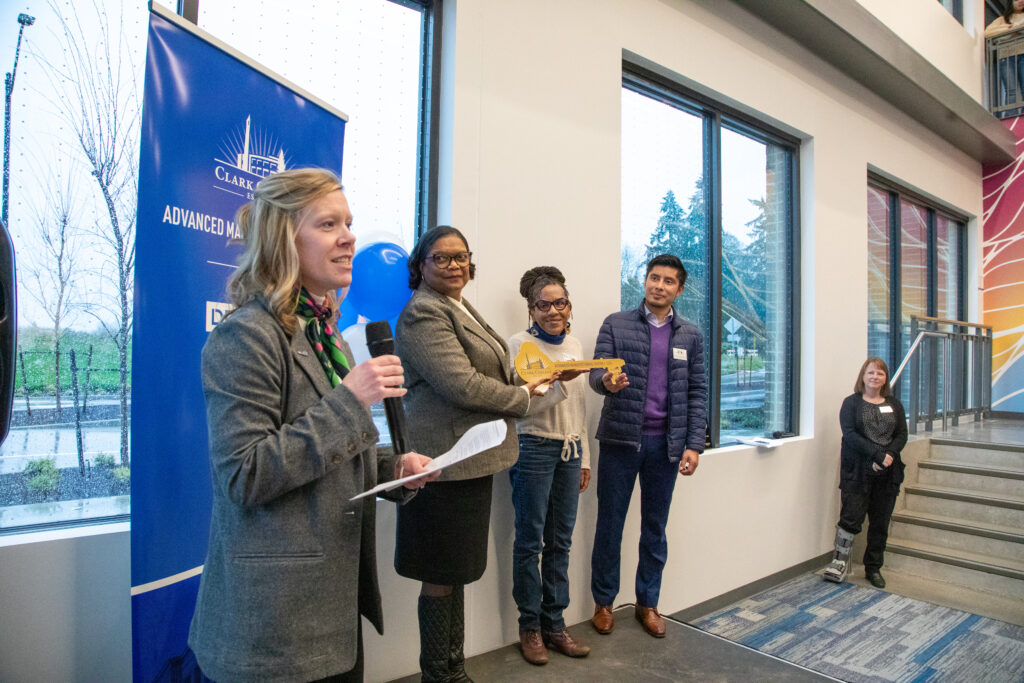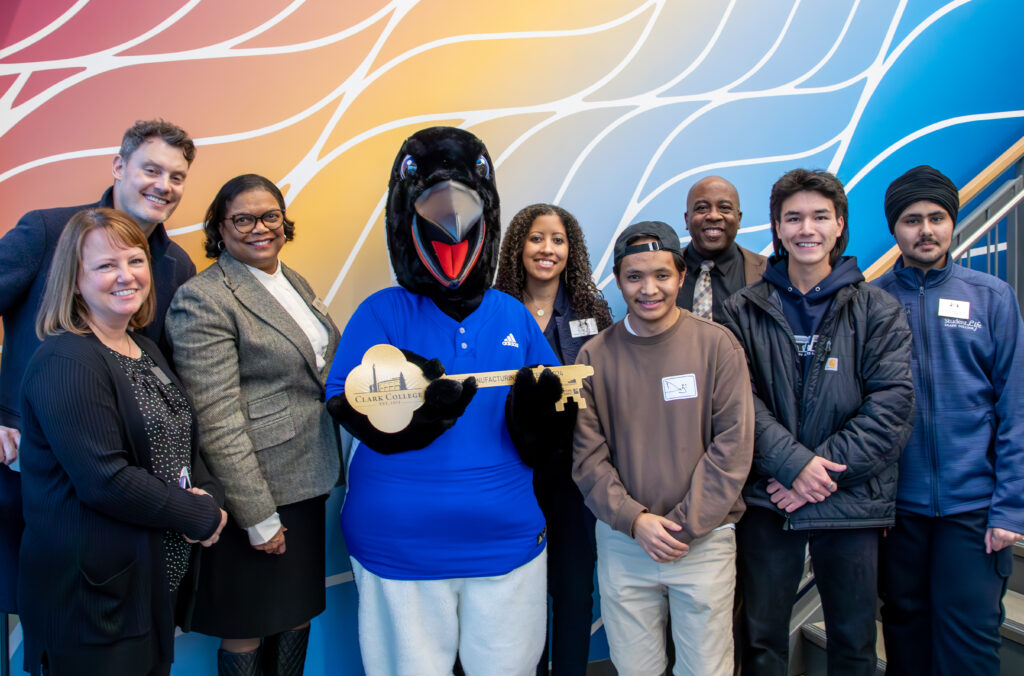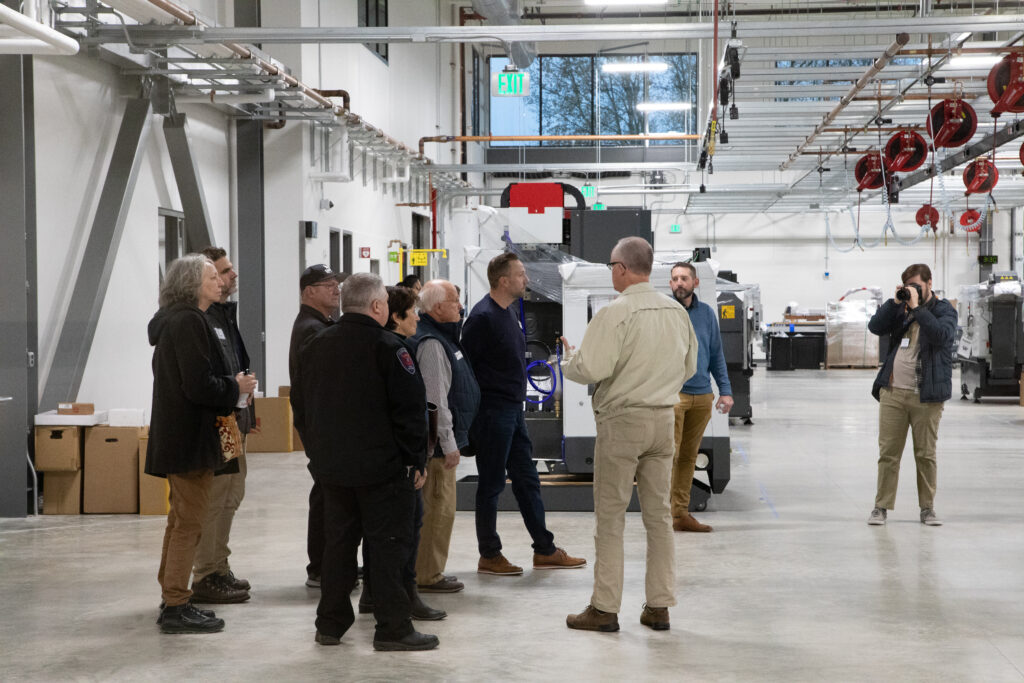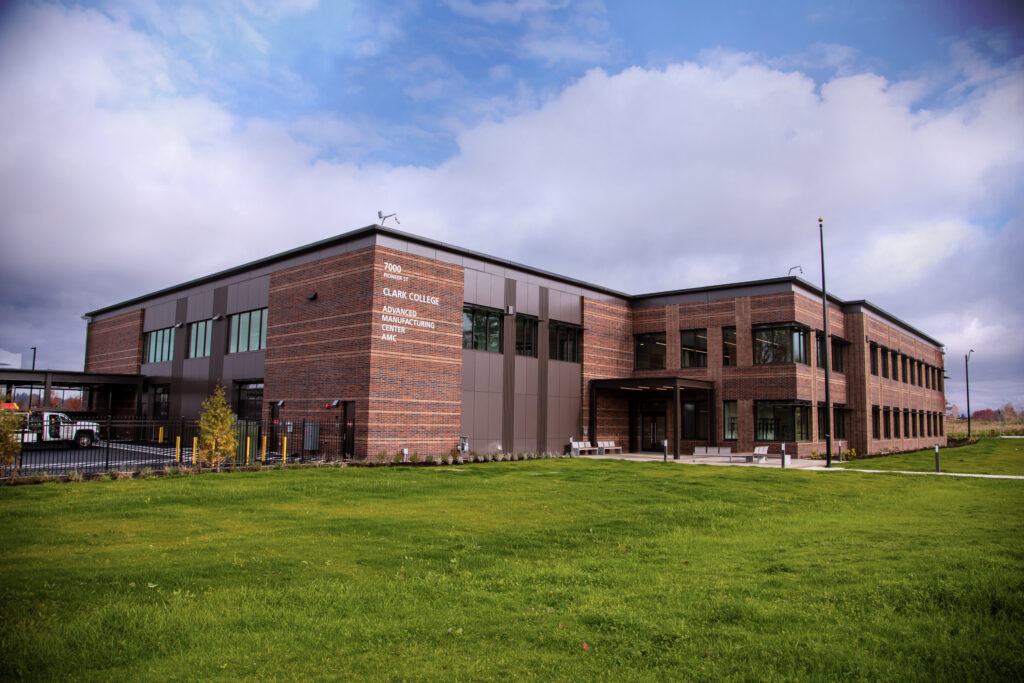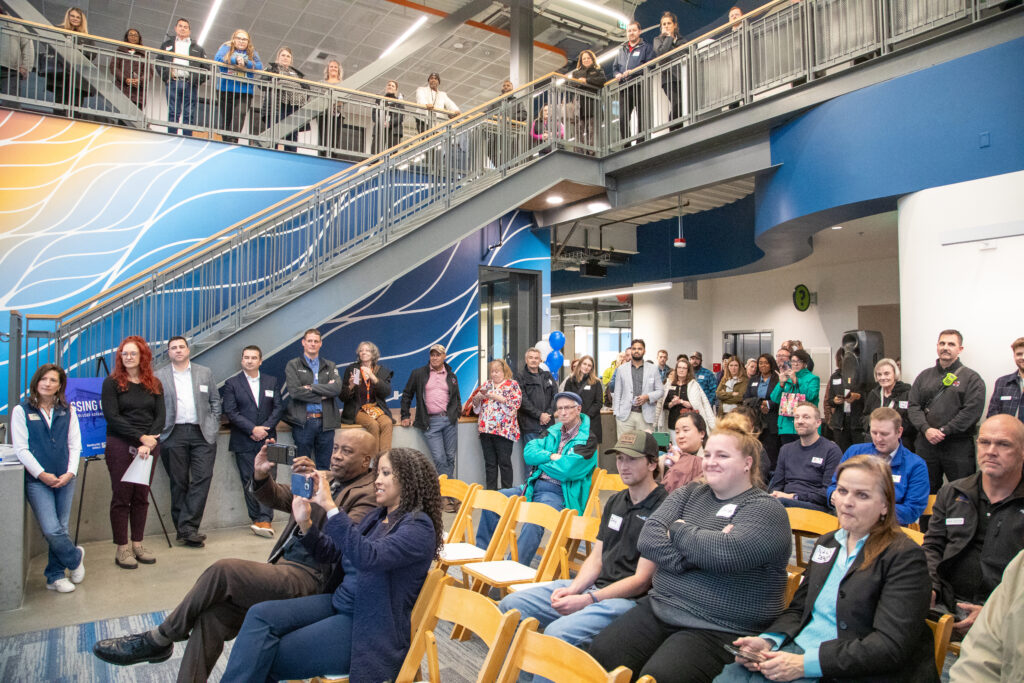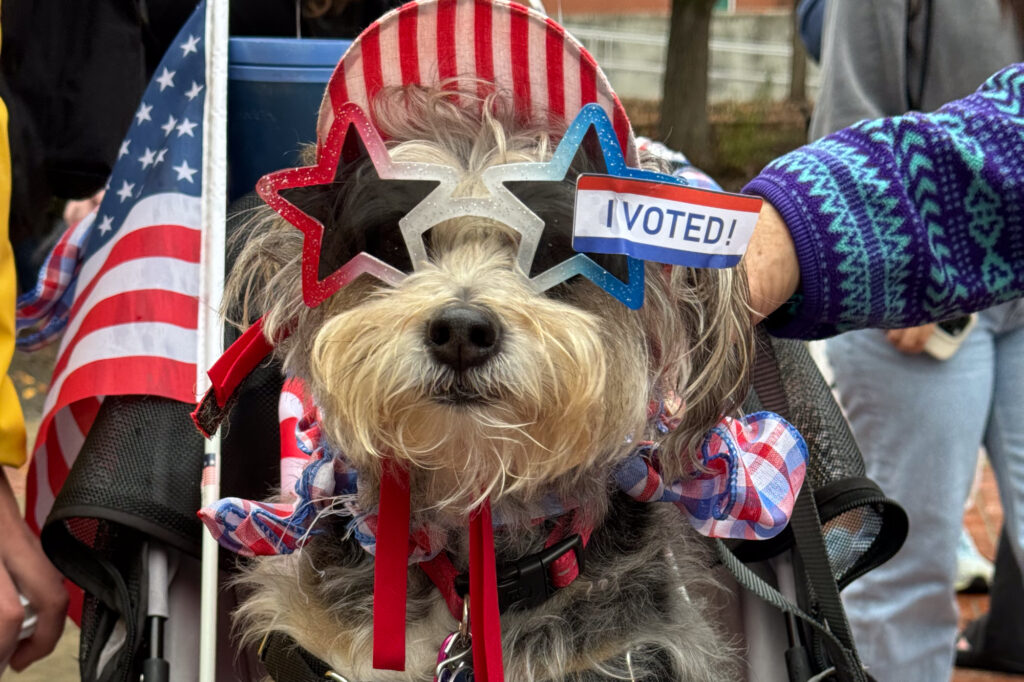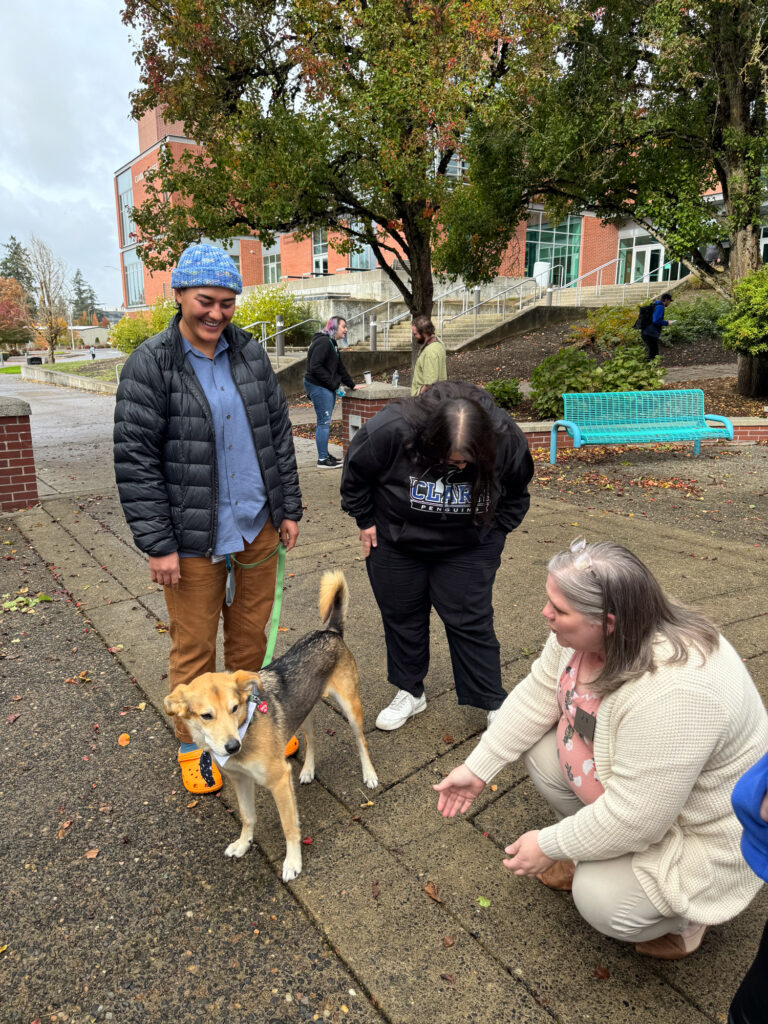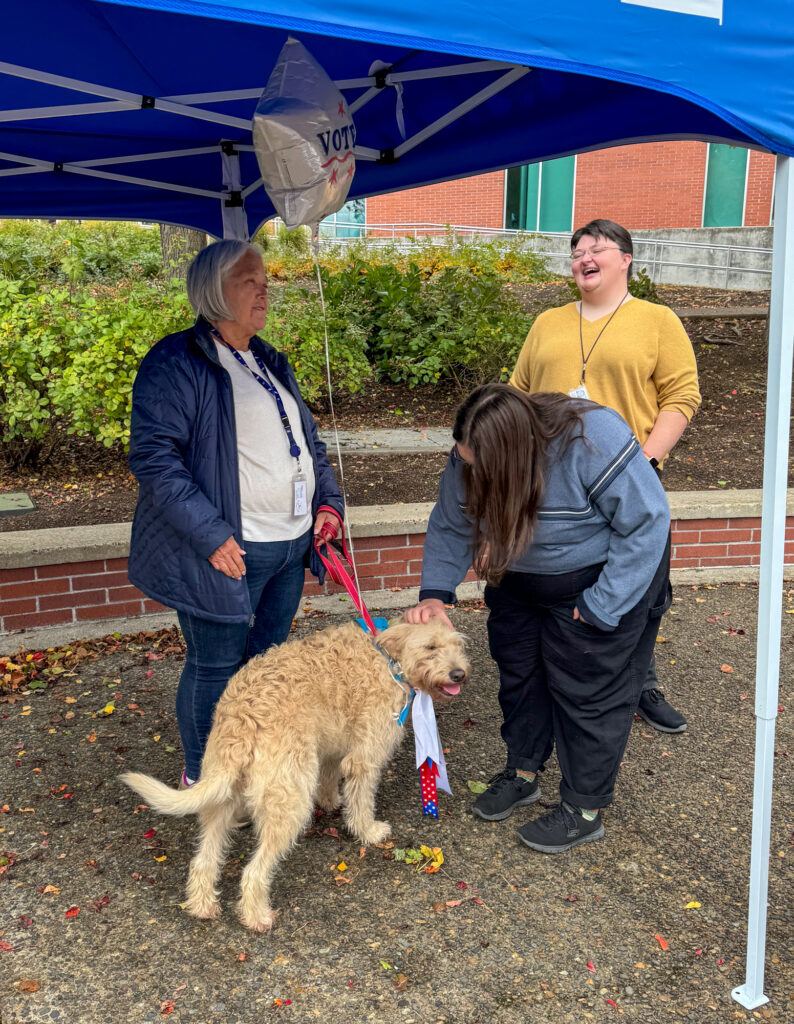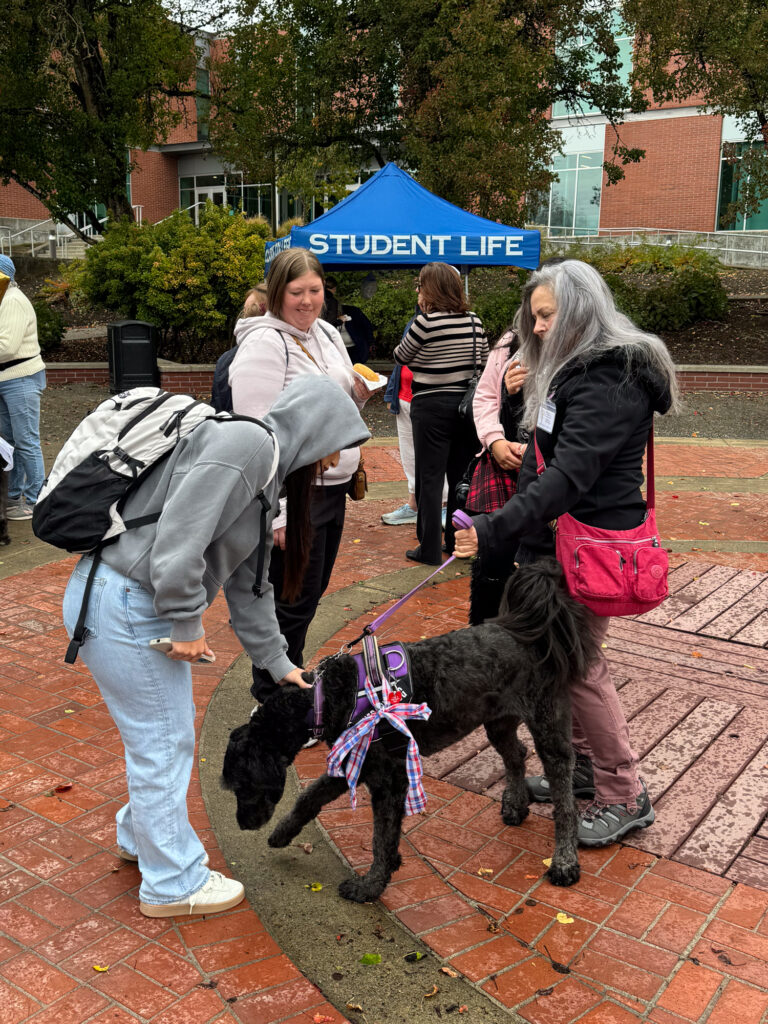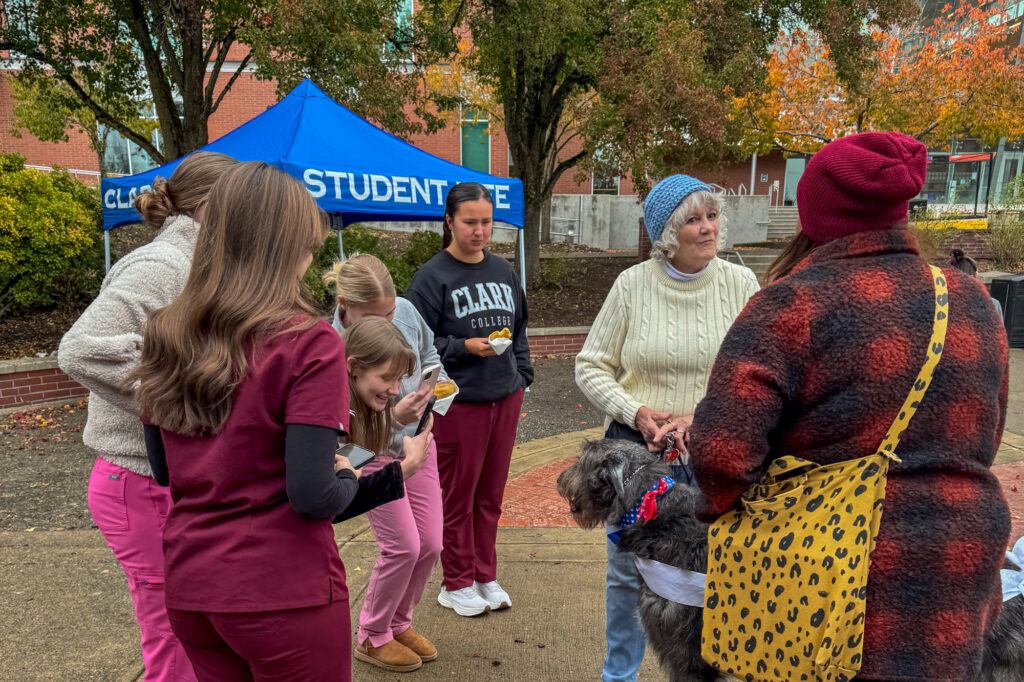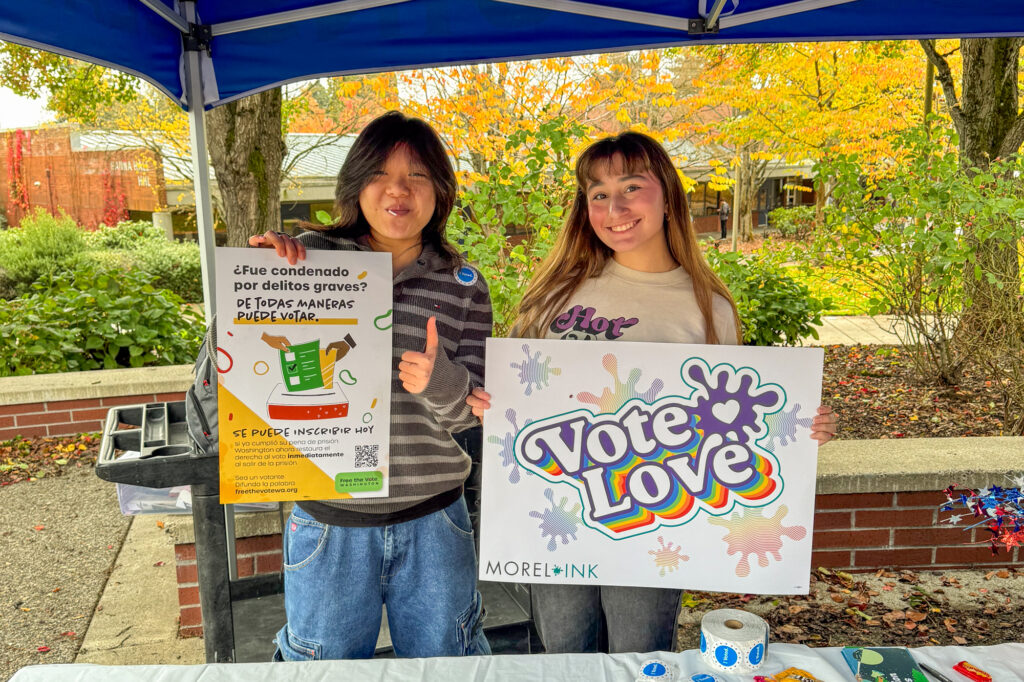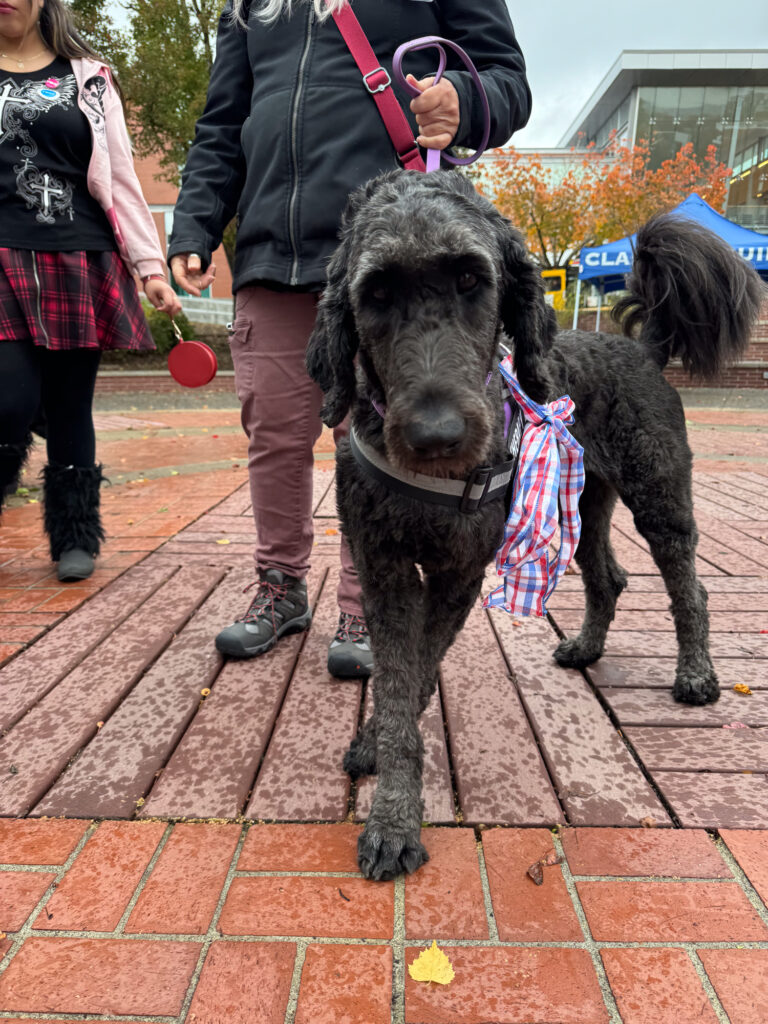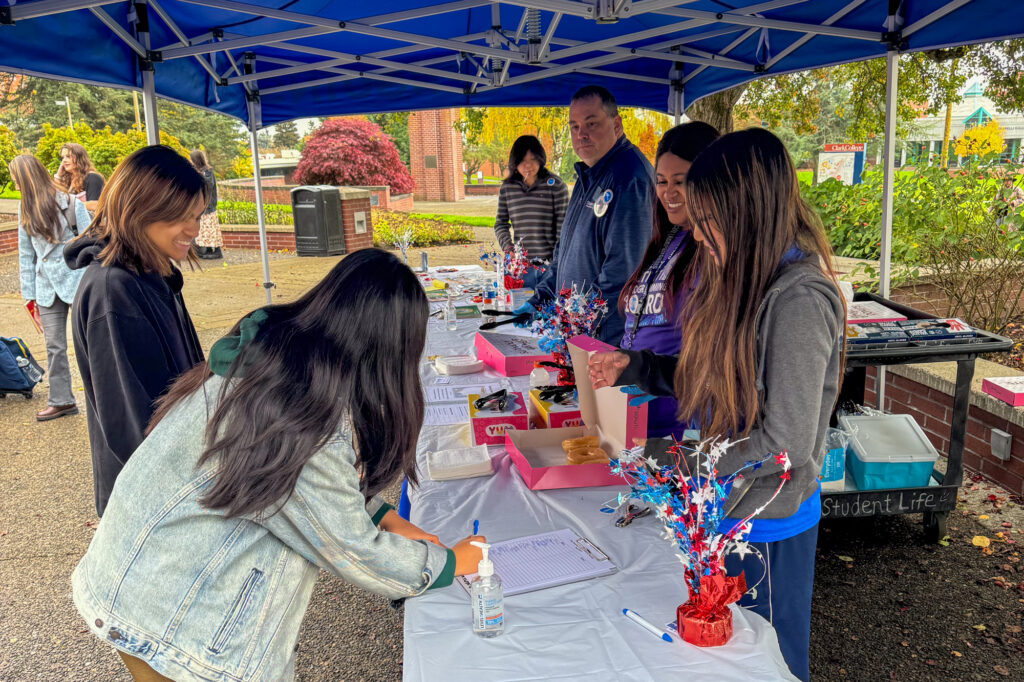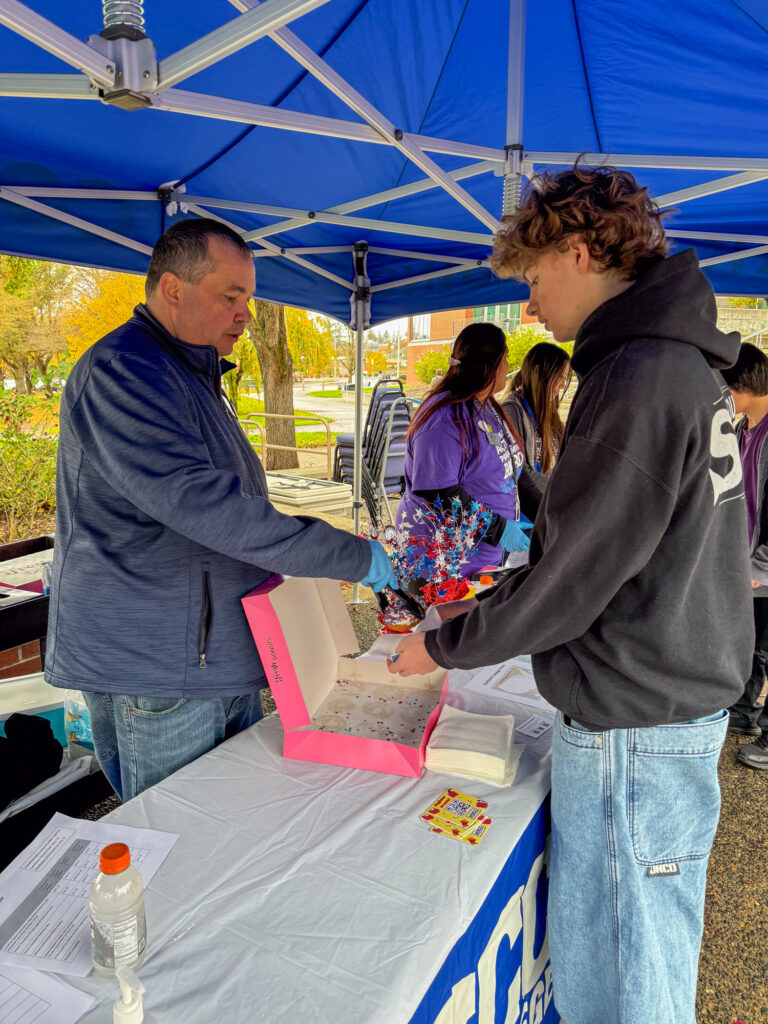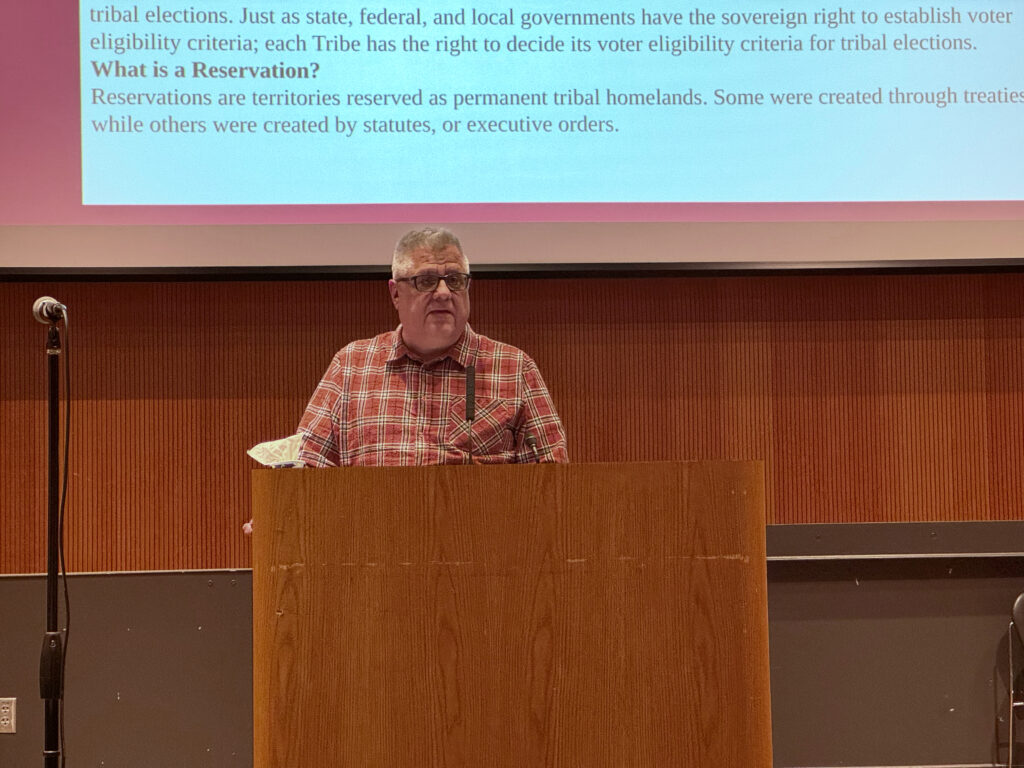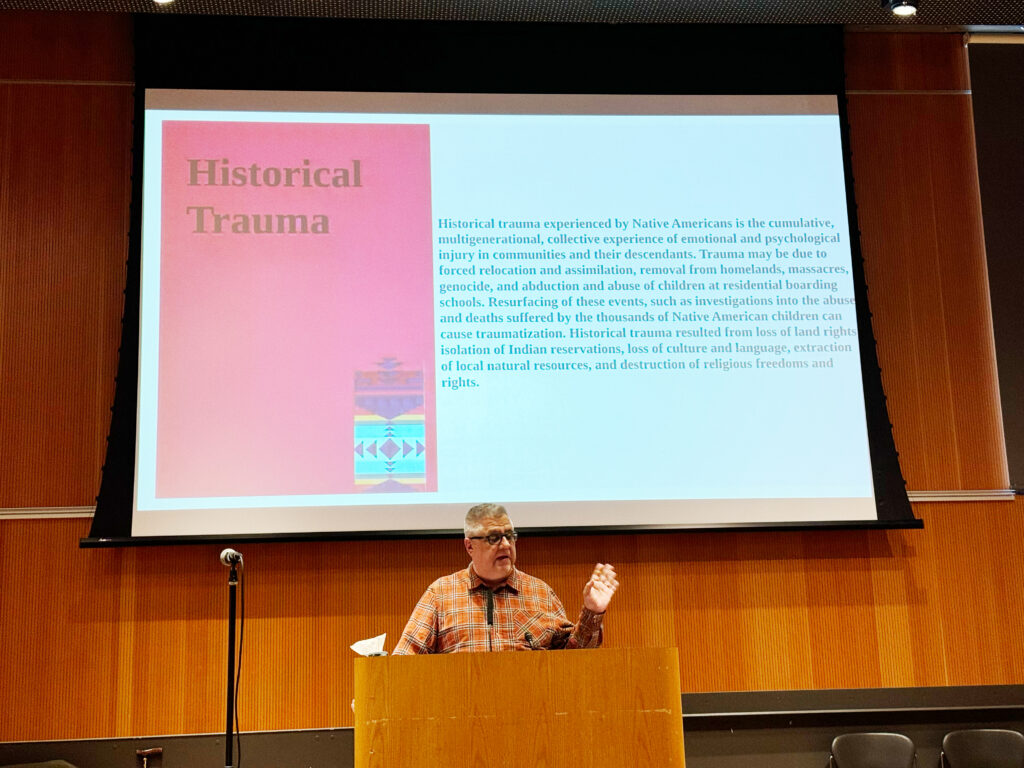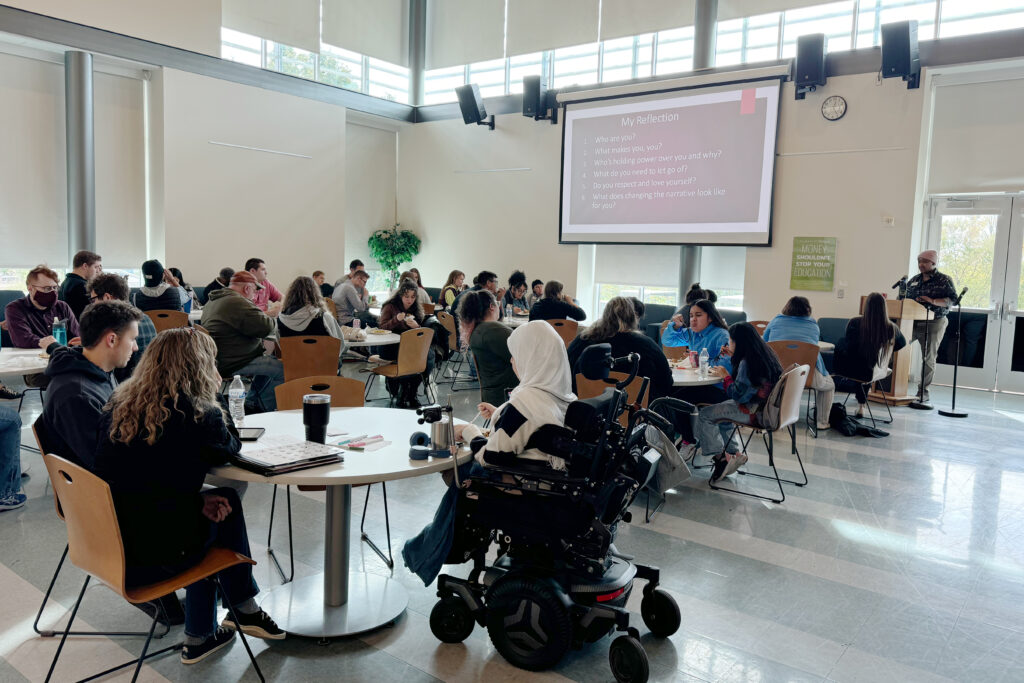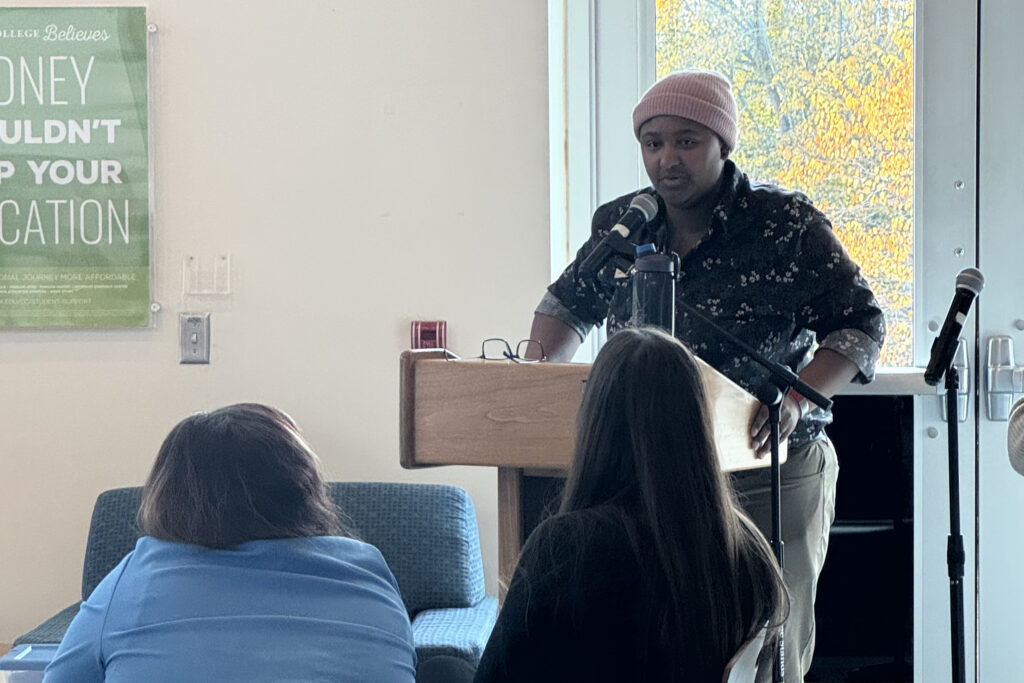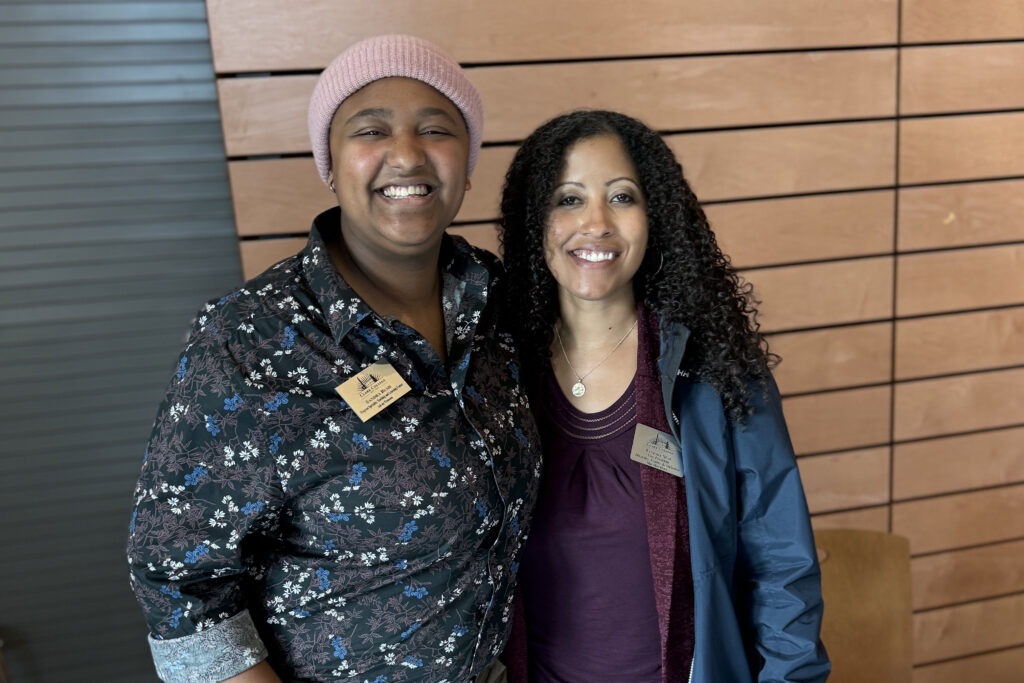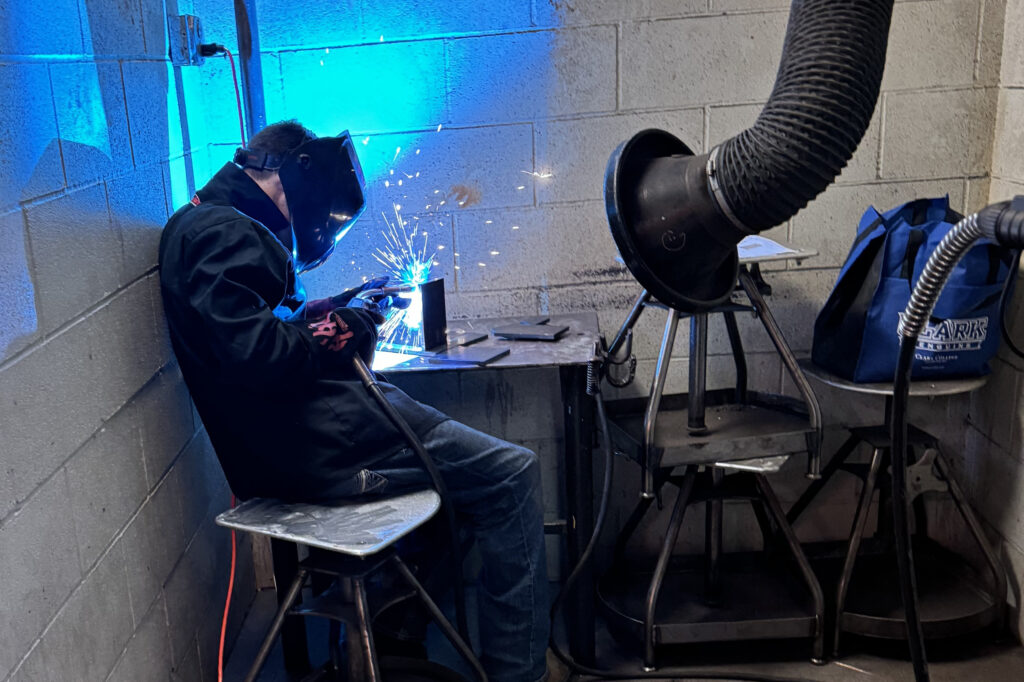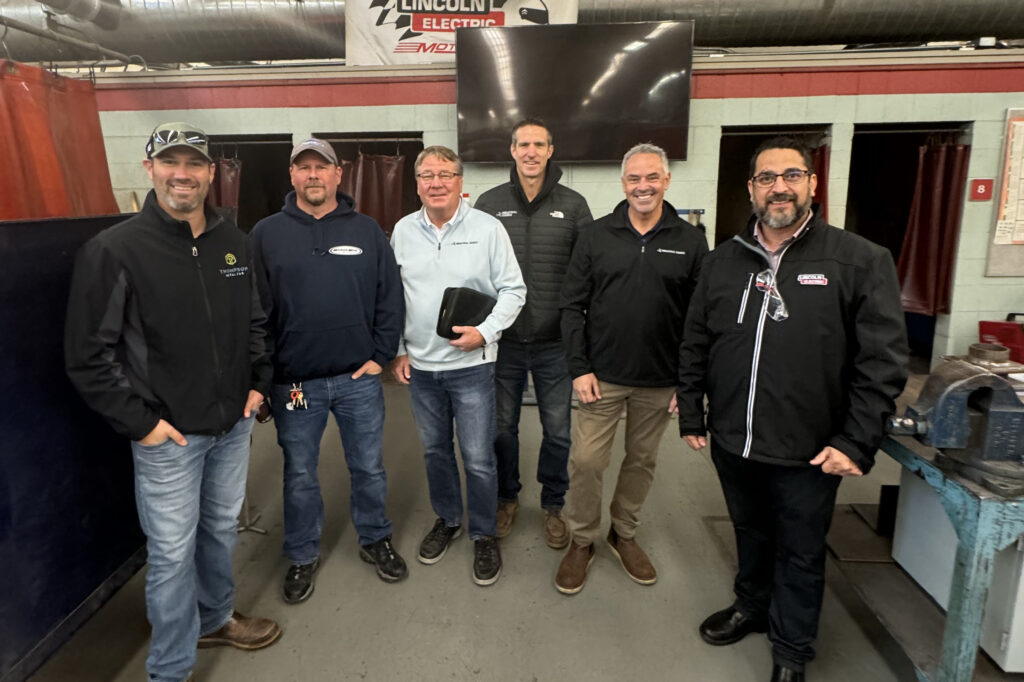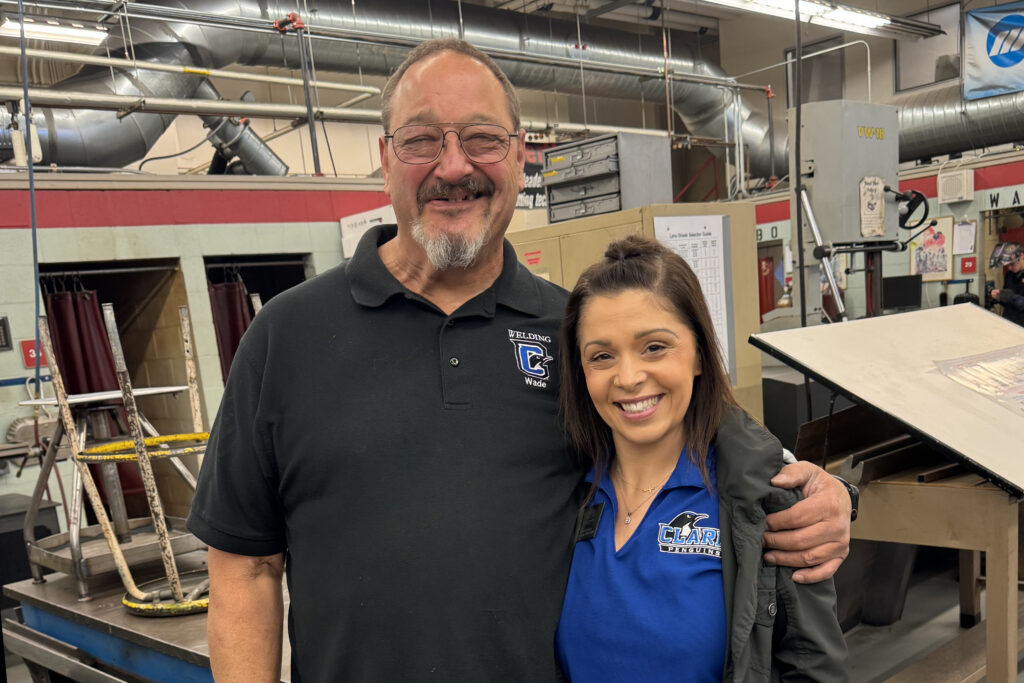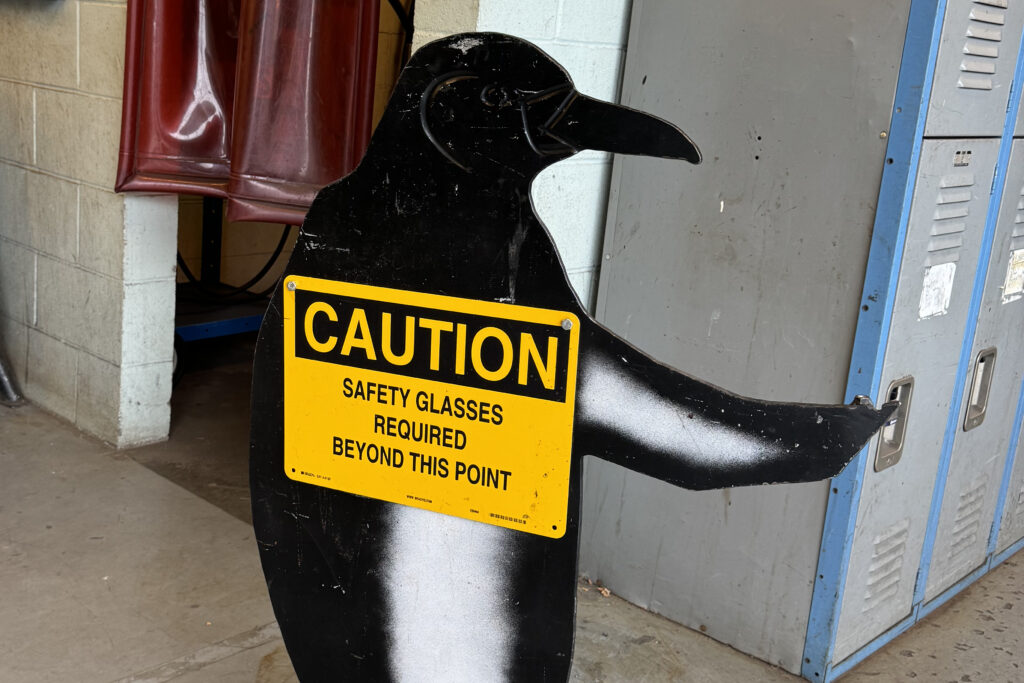Bee Campus Seeks Volunteers Feb. 13 and 14
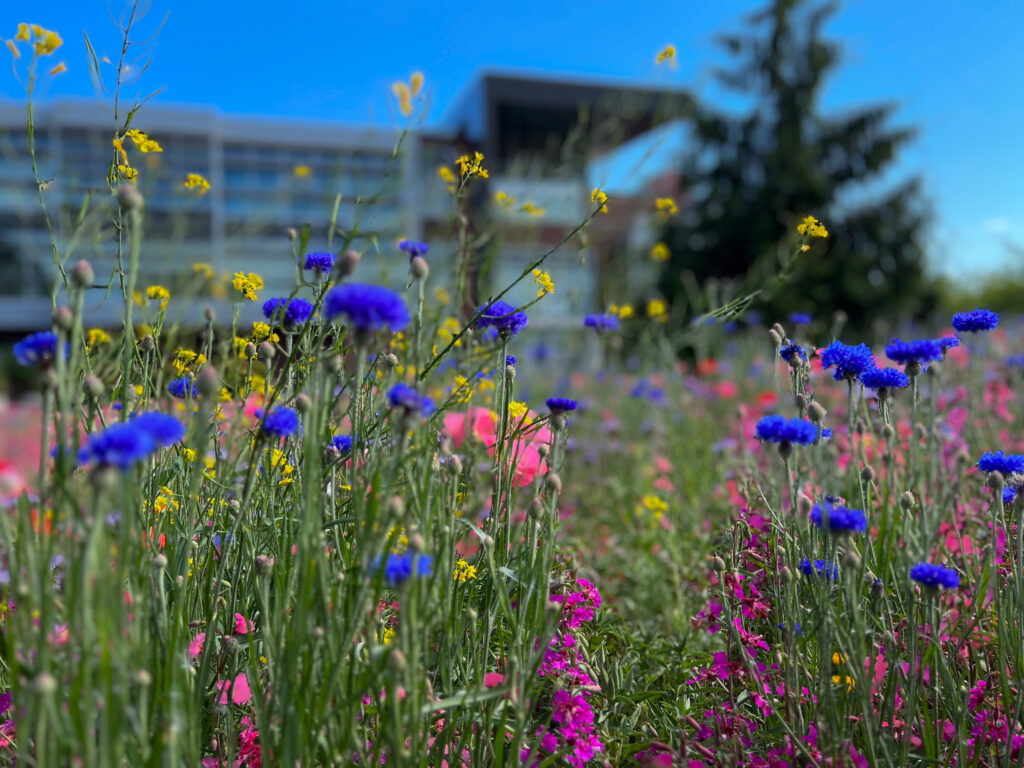
The large, blooming gardens of native wildflowers that pop up each spring on Clark’s campus don’t happen by accident, but through careful maintenance by Bee Campus Project Manager Steven Clark, the Bee Committee, and the help of our community.
We need volunteers to sow wildflower seeds at several bee garden locations on campus on Thursday, February 13 and Friday, February 14. Consider it your Valentine’s gift to native bees and other pollinators.
Although the flowers from last year scattered their own seed, a couple gardens this year need re-tilling, which means we need to plant fresh seeds in a few spots. The seeds are sown now, in the winter months, so they can take root in the soil and grow.
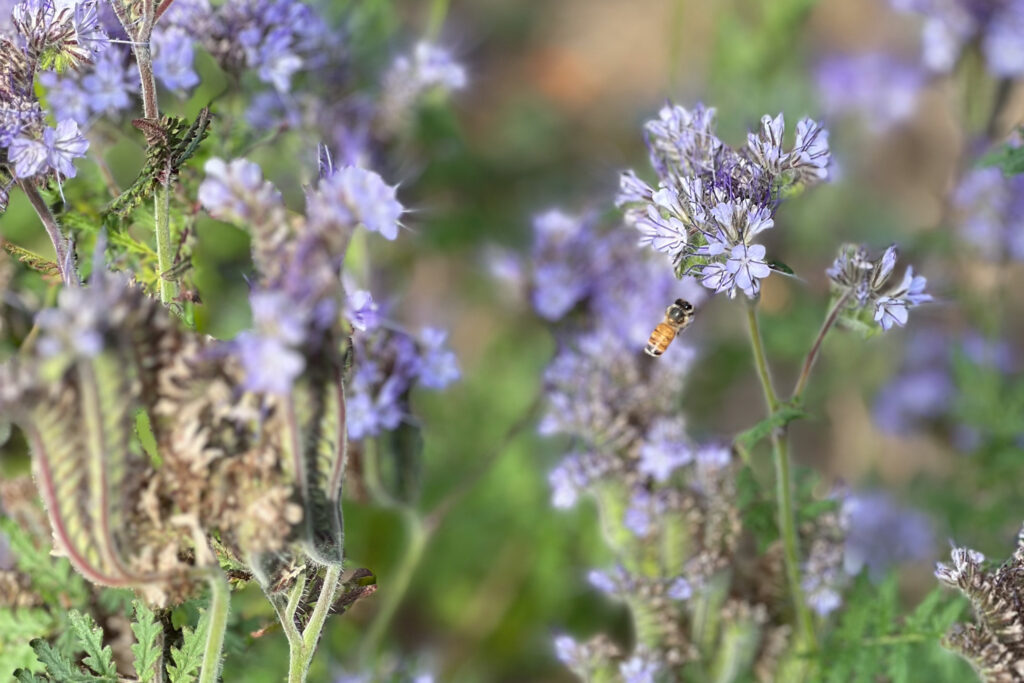
If you wish to volunteer, wear shoes and clothes appropriate for muddy, chilly conditions and prepare to walk over uneven terrain.
- Thursday, February 13: Meet at the Japanese Garden fountain at 1:00 pm (https://maps.app.goo.gl/gWvN3oRPdQpbZ8QK8)
- Friday, February 14: Meet in front of Hanna Hall on the north side at 1:00 pm (https://maps.app.goo.gl/d29CJEfDQQEQ63uZ9)
Clark who coordinates the college’s Bee Campus initiative has led the college in planting native wildflowers, to make the campus more attractive to bees and other pollinators. These flowers and natural areas where bees can make nests and lay eggs are helping Clark establish this bee habitat.
Pollinators—including mason bees, bumblebees, butterflies, moths, beetles, flies, and hummingbirds are essential for the planet. They are responsible for the reproduction of almost 90% of the world’s flowering plant species and 30% of our food.
Depending on the weather, look out for flowers to start popping up in April with full bloom in mid-May.
About Bee Campus
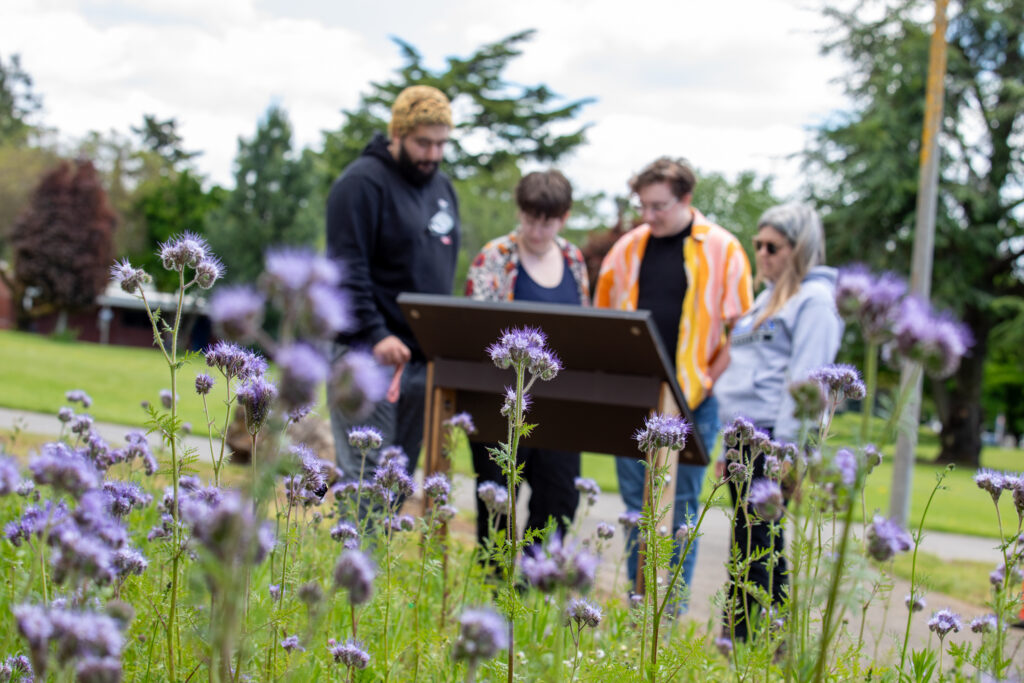
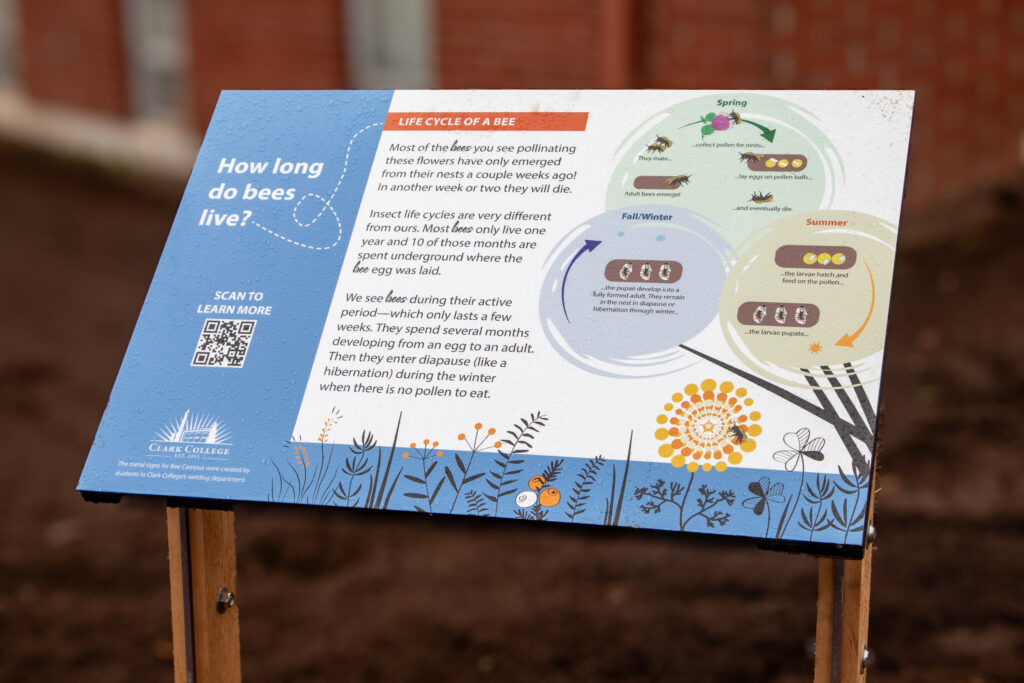
In April 2023, Clark College earned certification as a Bee Campus affiliate, becoming the fifth college in Washington to earn that distinction. Clark joined 165 other college campuses and 179 cities across the country united to make their landscape attractive to pollinators.
Bee City USA and Bee Campus USA are initiatives of the Xerces Society for Invertebrate Conservation, a Portland-based nonprofit. Bee City USA’s mission is to galvanize communities and college campuses to sustain pollinators by providing healthy habitat, rich in a variety of native plants that are free of pesticides.
A Bee Campus USA affiliate is a college campus that includes a bee habitat. Clark College—and other Bee Campus USA affiliates—show that the built environment (such as campuses, neighborhoods, city parks, and even roadsides) can feature a thoughtful design that allows bees to thrive in shared areas.
Learn more:
Photos: Clark College/Jenny Shadley
